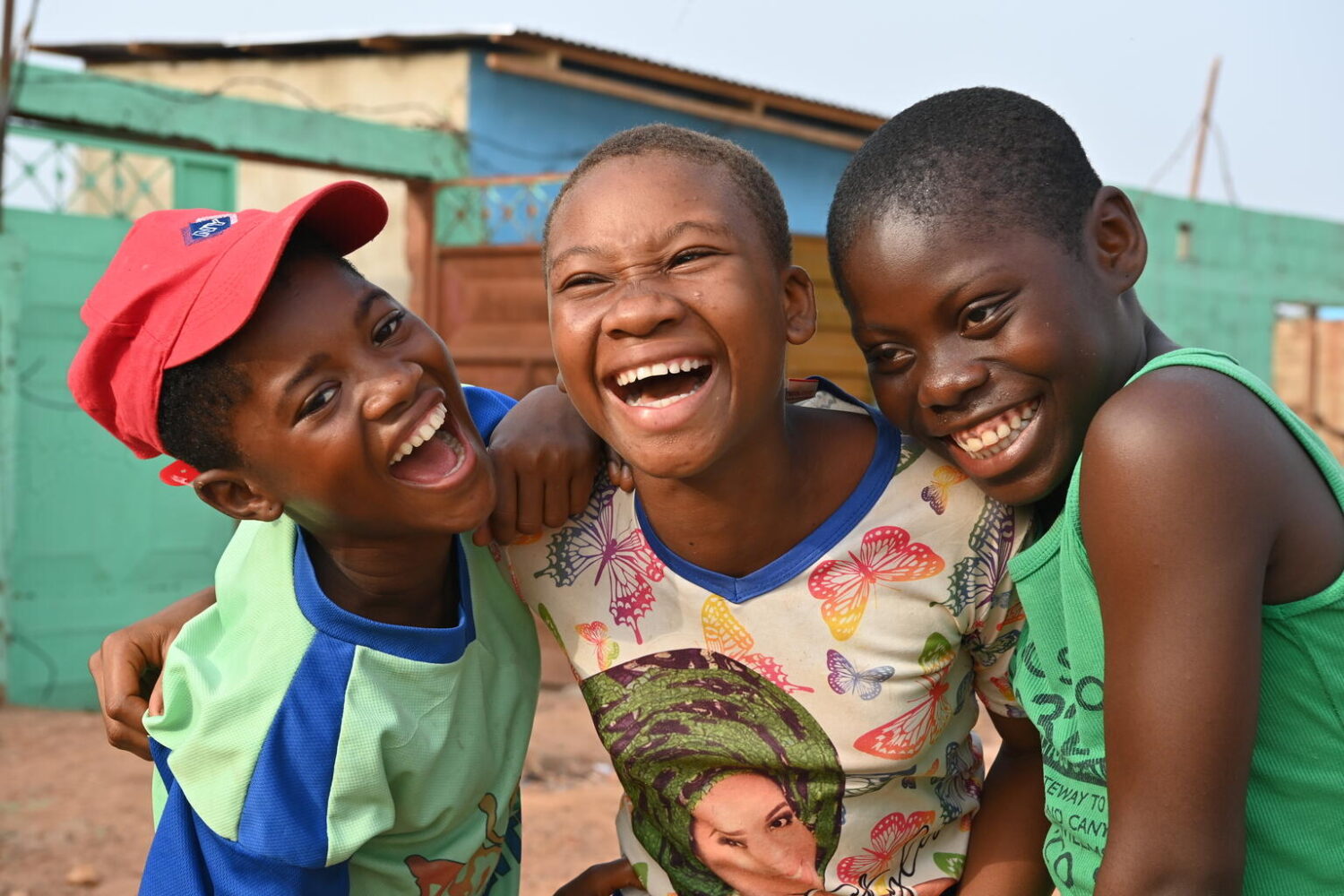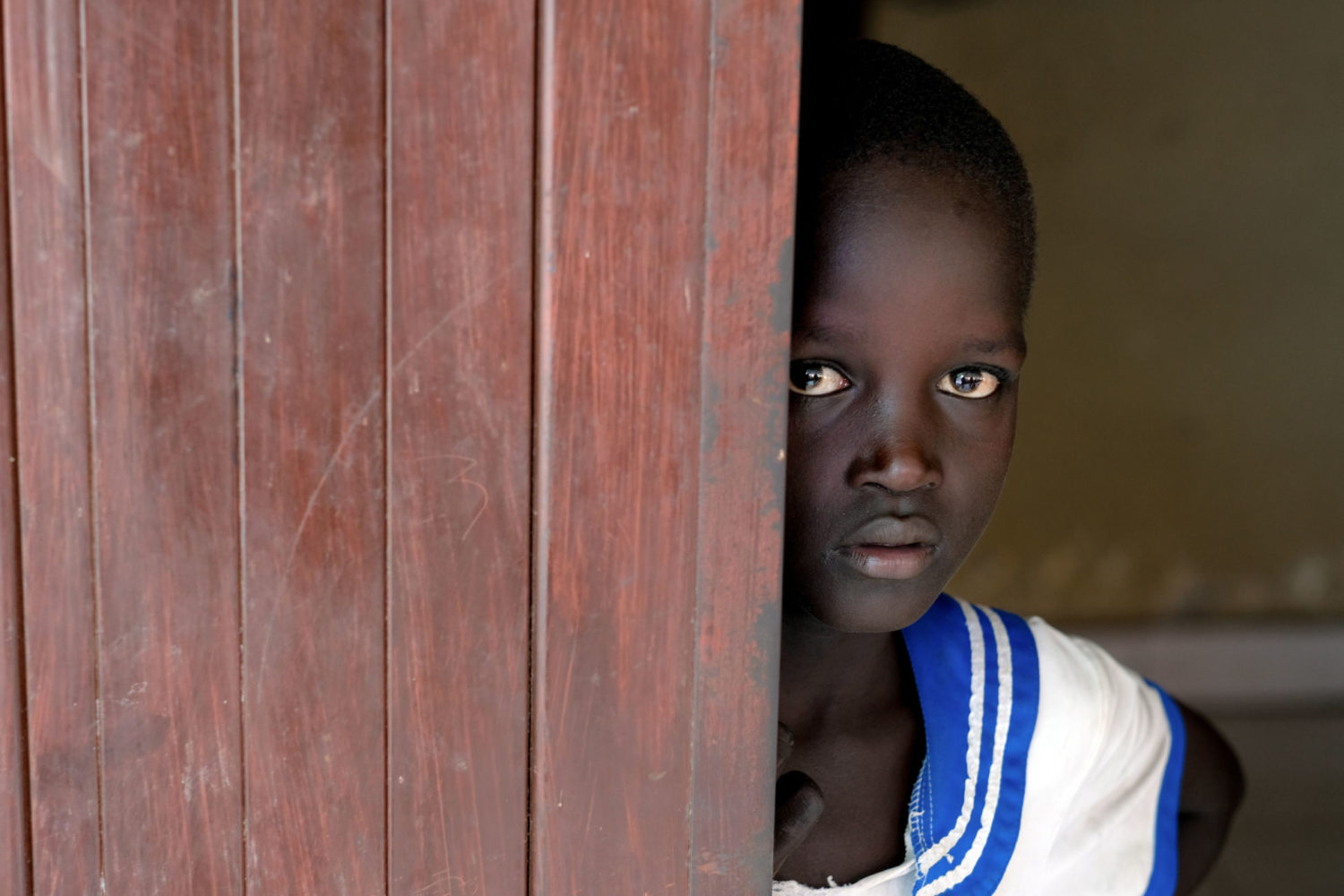
10 years after South Sudan’s independence, more children in need of urgent humanitarian assistance than ever before
NEW YORK/GENEVA/NAIROBI/JUBA, 6 July 2021– A record 4.5 million children – two out of three – in South Sudan are in desperate need of humanitarian support, UNICEF warned today, ahead of the 10th anniversary of the country’s independence. In a report on the impact of the humanitarian crisis on children, UNICEF warned that hopes that independence would bring a new dawn for the country’s children have faded. Bouts of violence and conflict, recurring floods, droughts and other extreme weather events fuelled by climate change, and a deepening economic crisis have led to extremely high food insecurity, and one of the world’s worst humanitarian crises. The recent peace agreement, which has only partially been implemented, has so far failed to bring about any remedy to the challenges facing the country’s children and young people.
“The hope and optimism that children and families in South Sudan felt at the birth of their country in 2011 have slowly turned to desperation and hopelessness,” said UNICEF Executive Director Henrietta Fore. “The childhood of many 10-year-old children in South Sudan today has been beset by violence, crises and rights abuses.”
Some 8.3 million people in South Sudan need humanitarian support, a much higher number than the levels seen during the 2013-2018 civil war, which ranged from 6.1 million to 7.5 million people.
The child mortality rate is among the highest in the world, with 1 in 10 children not expected to reach their fifth birthday.
High levels of food insecurity are of particular concern. Some 1.4 million children are expected to suffer from acute malnutrition this year, the highest figure since 2013. More than 300,000 children – the highest number ever in the country – are expected to suffer from the worst form of malnutrition and are at risk of dying if treatment is not provided.
Limited access to education and high drop-out rates have left 2.8 million children out of school – the highest proportion of out-of-school children in the world at more than 70 per cent of school-age children. The 14-month school closure because of the COVID pandemic had pushed an additional 2 million children out of school.
Despite continued insecurity, UNICEF is working with partners to increase the capacity to screen and treat children for acute malnutrition with an expected caseload of 1.4 million children in 2021. Improved access to clean water, improved sanitation and hygiene and
access to basic health care are also among UNICEF’s top priorities, together with access to education.
However, funding remains limited. UNICEF has appealed for US$180 million to assist the most vulnerable children this year. Halfway into the year, this appeal is only funded for one-third, and the wider Humanitarian Response plan remains similarly underfunded. Donors have already made cuts in their budgets for South Sudan – or given notice that reductions are just around the corner. The crisis will worsen as we enter the lean season with increased risk of flooding. Lives will be lost without urgent action.
“If we, as a humanitarian community, do not receive sufficient funding, the reality for children and families is that no help will be coming,” said UNICEF South Sudan Representative ai Andrea Suley. “Humanitarian organizations are responsible for almost all service delivery in South Sudan. Without an end to the pervasive violence and insecurity threatening families and hampering humanitarian access, and without adequate funding, health and nutrition centres will be closed, wells will not be fixed and the sound of the generators keeping the vaccine fridges cool will soon fade away.”
Notes to editors
Multimedia materials available here
ABOUT UNICEF
UNICEF works in some of the world’s toughest places, to reach the world’s most disadvantaged children. Across more than 190 countries and territories, we work for every child, everywhere, to build a better world for everyone.
The UK Committee for UNICEF (UNICEF UK) raises funds for UNICEF’s emergency and development work for children. We also promote and protect children’s rights in the UK and internationally. We are a UK charity, entirely funded by supporters.
United Kingdom Committee for UNICEF (UNICEF UK), Registered Charity No. 1072612 (England & Wales), SC043677 (Scotland).
For more information visit unicef.org.uk. Follow UNICEF UK on Twitter, LinkedIn, Facebook and YouTube.
For more details, please contact:
Yemi Lufadeju, +44 20 7375 6199, [email protected]
Unicef UK Media Team, 0207 375 6030, [email protected]


